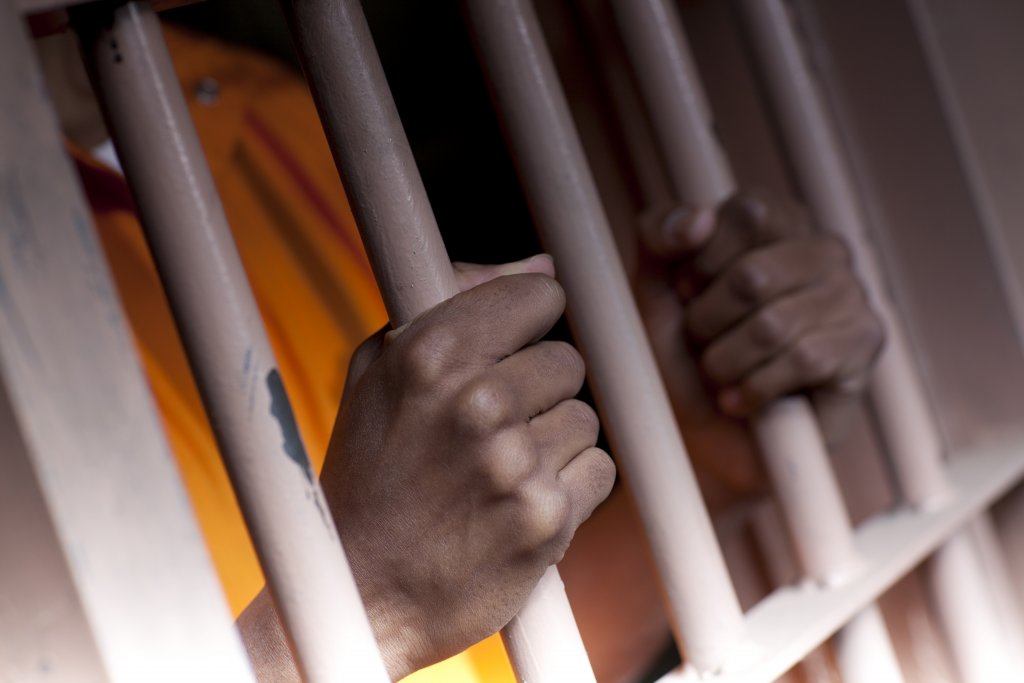The state has made headway reducing the bed shortfall but it’s expected to persist at least through 2026, even with hundreds of millions of dollars in planned spending.
By Grace Deng, Washington State Standard,October 16, 2023
Defendants with psychiatric conditions often sit in Washington’s jails for weeks and sometimes months, waiting for mental health services before they can stand trial.
That’s despite a 2015 federal court order, stemming from a lawsuit known as the Trueblood case, that found the state’s wait times unconstitutional. Washington’s been in contempt of the court order ever since. In July, Judge Marsha J. Pechman fined the state $100 million for violating the court order — the third time the state’s been found in contempt.
But Washington’s officials still don’t know when the backlog in mental health services will end.
Thomas Kinlen, who directs the state Department of Social and Health Services’ division in charge of Trueblood, said the state doesn’t have an exact timeline for when it expects to be in compliance with the court order — but that the department is on an “amazing trajectory.” His “optimistic hope” is to reach anywhere from 85% to 90% compliance with Trueblood a year from now.
“We’re just getting closer and closer to hitting that mark,” Kinlen said. “Do I know exactly when we’re going to be there? No, I don’t, other than to say we’re on a great path right now.”
A gap in beds, staffing
If a court believes a defendant is not competent to stand trial, the defendant’s case goes on hold while the person is evaluated for competency and whether they need treatment to be “restored” in order to stand trial.
Under the Trueblood agreement, the state must offer a mental health evaluation within 14 days and “competency restoration” treatment within seven days.
Court monitor reports released by the Department of Social and Health Services show that while the majority of mental health evaluations are happening within that timeline, the state has only met the seven-day treatment timeline for 10% or fewer of defendants in the past year.
Kinlen said wait times have been reduced to less than two months across all of the state’s facilities, when wait times were once 12 to 13 months.
Despite planning to spend nearly $1.3 billion on acquiring new psychiatric beds — the majority of which is going to upgrading Western State Hospital — the state doesn’t have enough space to meet soaring demand. In the past seven fiscal years, referrals to inpatient evaluations and competency restoration services have increased 87%.
At a Ways and Means Committee work session on Monday, Kinlen projected a chart that predicts Washington will still have 168 fewer beds than patients in 2026. As of July 2023, the state has a gap of 386 beds.
“I don’t know what data went into this … but obviously it’s very alarming that their projected capacity is well below the projected bed need,” said Kim Mosolf, the lead attorney on the Trueblood case at Disability Rights Washington, a plaintiff in the case.
Staffing, too, continues to be a challenge. At Western State Hospital, the state’s largest psychiatric hospital, vacancies are anywhere from 15% to 30%, said Kevin Bovenkamp, assistant secretary of the Department of Social and Health Services, at the Ways and Means Committee work session.
“We understand these beds are important to the state and we’re going to go out and recruit as hard as we can,” Bovenkamp said at the work session.
Kinlen said the state is recruiting through partnerships with universities and filling gaps with contractors.
Not just about building new beds
As next year’s state budget approaches, the Department of Social and Health Services is requesting the state Legislature’s help paying for the $100 million it was fined — and another $14 million as a “maintenance-level decision package” for Trueblood-related fees and fines.
The state is hoping to pay fewer fines by staying in compliance with a 2018 settlement agreement of the contempt order. That agreement, made in collaboration with the plaintiffs on the Trueblood case, is aimed at working toward better mental health services, both inside and outside the criminal justice system.
But it’s unclear how many fines the state will rack up as it continues to be out of compliance with the original court order.
“We’re kind of at the mercy of Judge Pechman,” said Tyler Hemstreet, a department spokesperson.
Hemstreet said the department believes the fines don’t help move the department toward complying with Trueblood, because they take money away from the department’s efforts.
But Mosolf, the Disability Rights attorney, said the fines are used by the plaintiffs in collaboration with the state for programs that help address root causes of the state’s overwhelmed mental health services, such as housing for people with mental health conditions who are at risk of being arrested.
The state is also working on programs meant to divert people with mental health issues away from being processed through the criminal justice system. These initiatives include crisis intervention training for law enforcement and recent changes to state law.
“This idea that it’s just about having enough beds to meet the need — like, no, you also have to try to get the need under control. We cannot just keep arresting and prosecuting more and more people with serious behavioral health conditions, largely for low-level offenses,” Mosolf said. “It does not work.”
FEATURED IMAGE: (Getty Images photo)
Washington State Standard is part of States Newsroom, a nonprofit news network supported by grants and a coalition of donors as a 501c(3) public charity. Washington State Standard maintains editorial independence. Contact Editor Bill Lucia for questions: info@washingtonstatestandard.com. Follow Washington State Standard on Facebook and Twitter.



